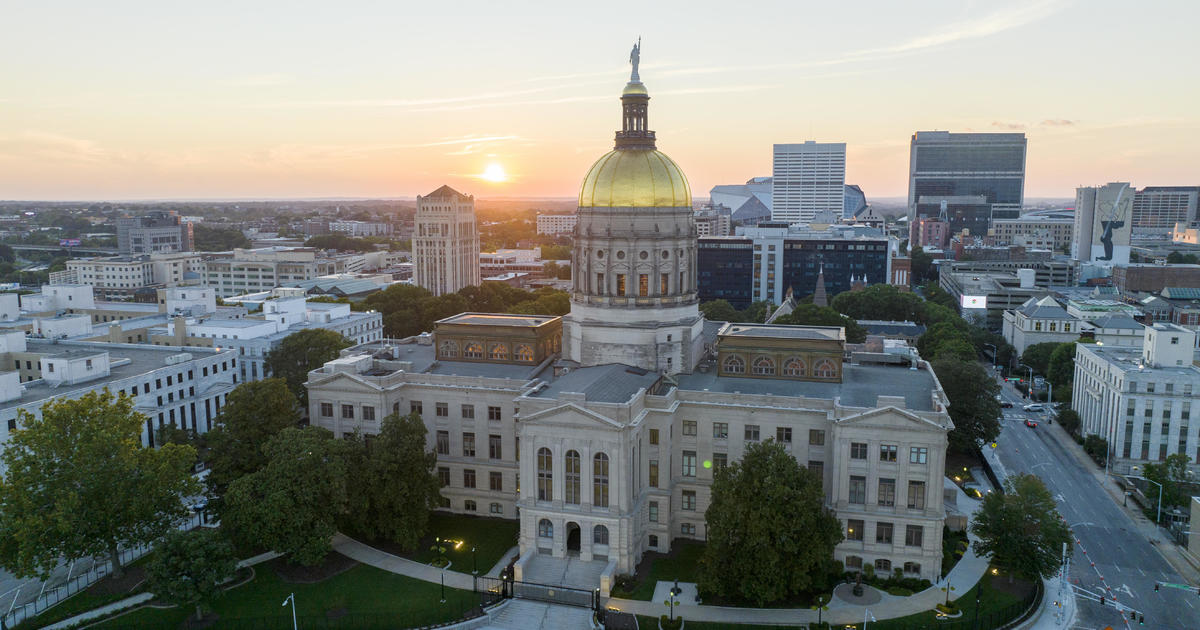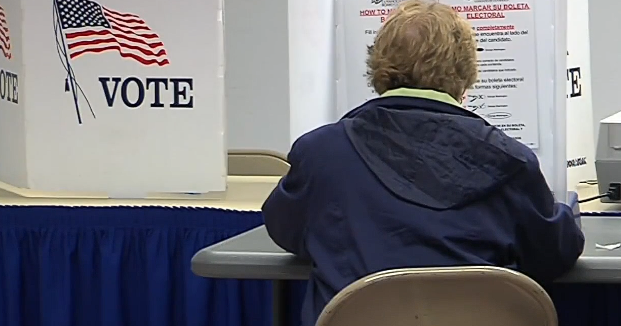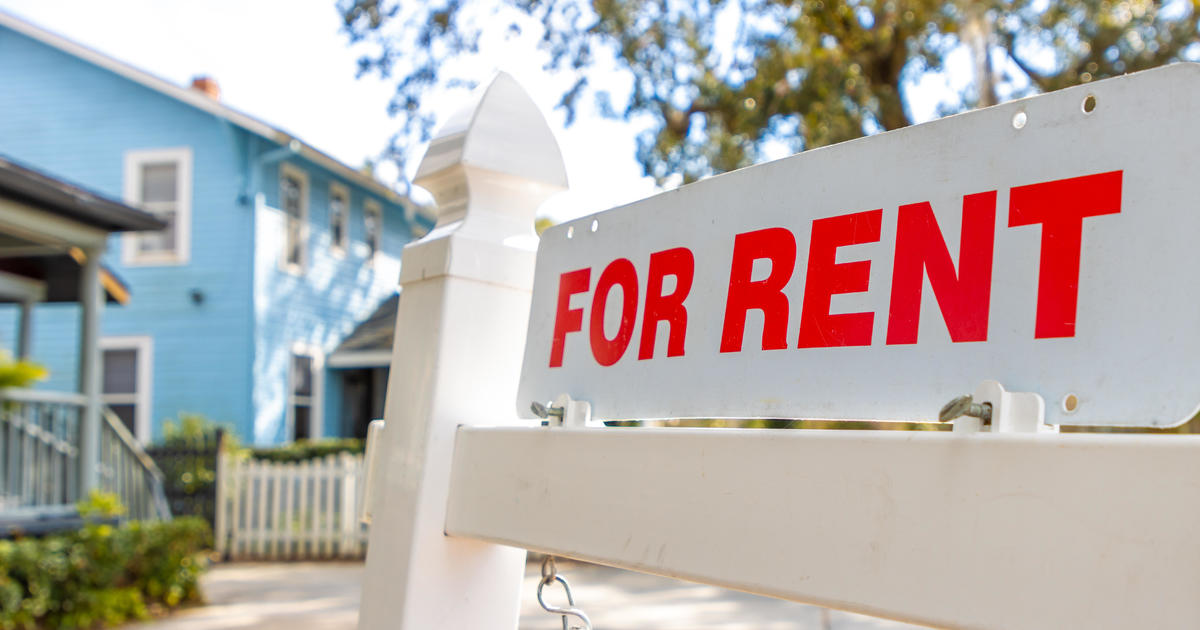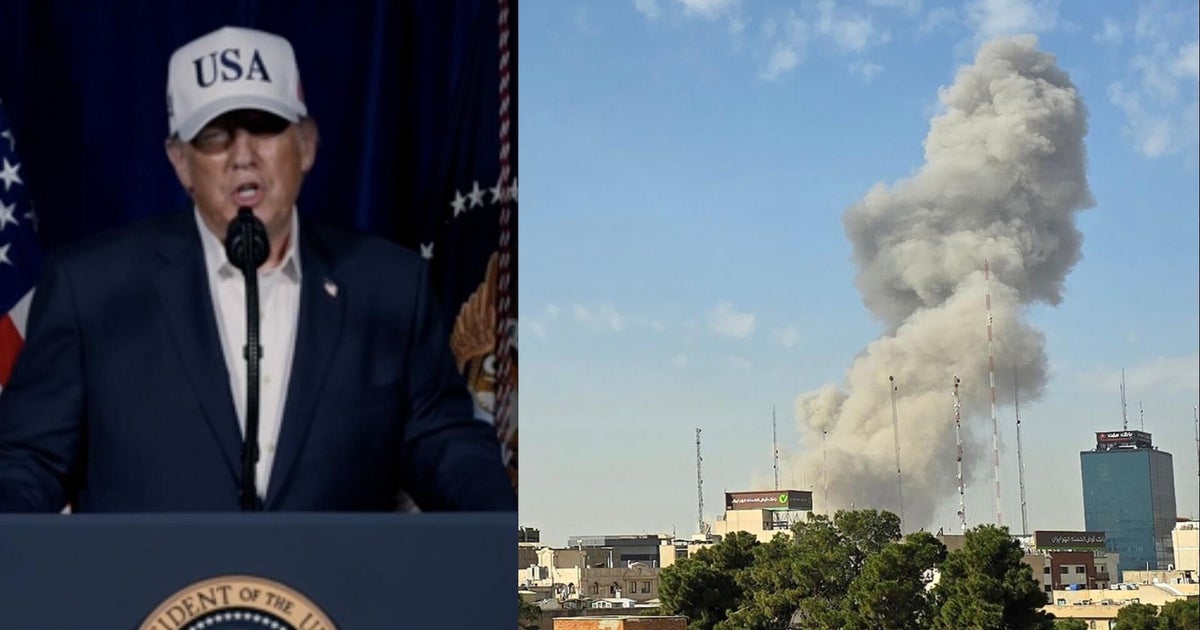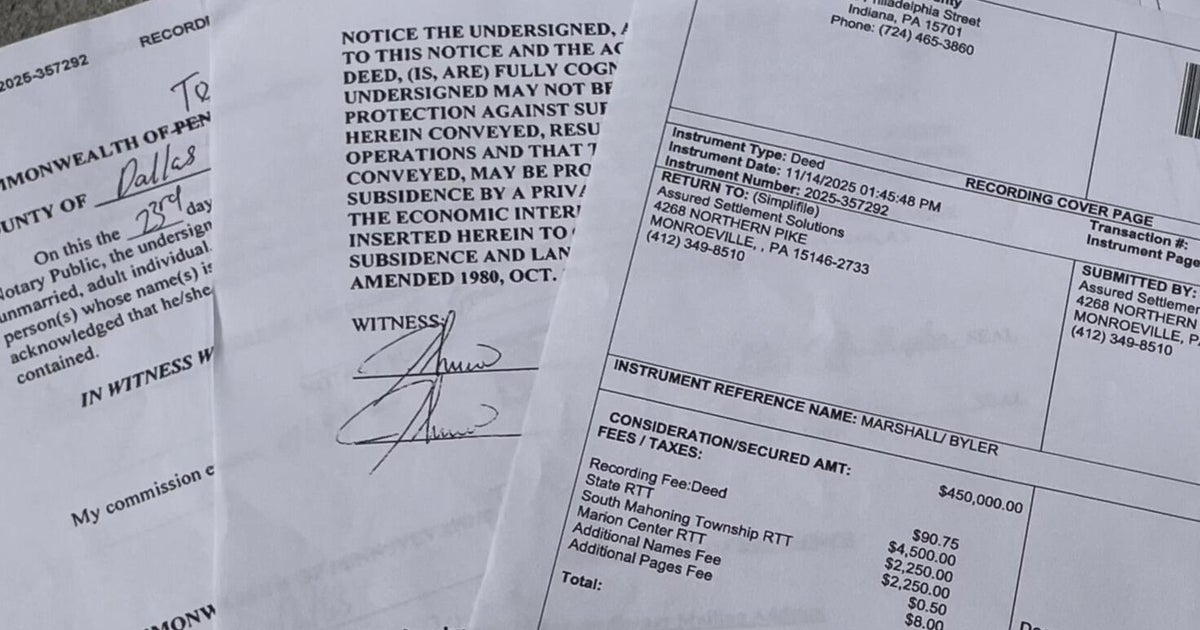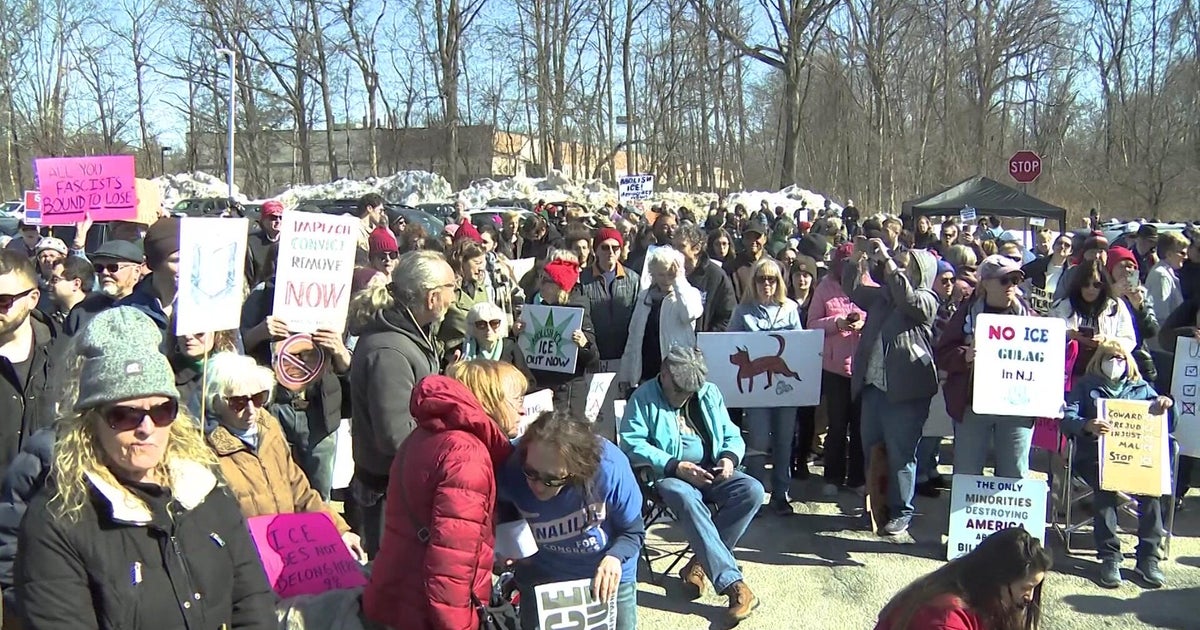Political stand-off at Texas Capitol between Republican leaders over property tax relief bills
A war of words has erupted on Twitter between Gov. Greg Abbott and Lt. Gov. Dan Patrick over how to provide Texans with property tax relief, creating a political standoff at the Texas Capitol.
On Tuesday, the Texas House and Senate passed different property tax relief bills during the first day of the special session Abbott called immediately after the regular session ended.
In a statement Tuesday evening, Abbott sided with the property tax relief bill passed hours earlier by the Texas House.
"The Texas House is the only chamber that passed a property tax cut bill that is germane to the special session that I called to provide Texans with property tax relief. It provides more cuts to property tax rates than any other proposal at this time. It is supported by the most respected think tank in the state, as well as more than 30 homeowner, consumer, and business groups across the state. I look forward to signing it when it reaches my desk," Abbott said in a statement.
Earlier in the afternoon Tuesday, the Senate unanimously passed its own property tax relief bill.
After Abbott's statement, Patrick responded with criticism.
"He seems misinformed about the roles of the executive and legislative branches of government. While the Governor has the sole authority to call the Legislature into Session, the Legislature writes the bills - the courts have been crystal clear on this. Governor Abbott has finally shown his cards. He chooses to give homeowners 50% less of a tax cut, nearly $700 a year, to give corporations more. This is not what homeowners expected when they voted for him," Patrick said in a statement.
The governor tweeted later, "No matter how many special sessions it takes I'll sign a law that provides the largest property tax cut in the history of Texas. My plan does the most to cut your property taxes."
During an interview Tuesday morning at the Texas Public Policy Foundation, a non-profit, non-partisan research institute that leans conservative, Patrick insisted any property tax relief legislation contain a provision that also increased the homestead exemption.
"I will not step back from this, and I might be the last guy standing, but I'll be the last guy standing. Homeowners in this state deserve real property tax cuts," Patrick said
When asked if the Abbott would sign it, Patrick said, "Do you think the governor is going to veto a homestead exemption? I'm not worried about the governor signing it. The House has to pass it."
The governor didn't request the homestead exemption provision and the House version doesn't contain it.
In a statement Tuesday evening, House Speaker Dade Phelan said the governor's special session call "gave us clear-cut direction to buy down property taxes using tax compression and the passage of today's legislation fulfills that call."
The new state budget approved by the Legislature allocates $17.6 billion for property tax cuts, more than half the state's nearly $33 billion surplus.
The House then adjourned Sine Die its special session after also passing a border security-related bill Abbott requested.
Abbott called the legislature into an immediate special session at 9 p.m. Monday after the House and Senate reached an impasse in negotiations over property tax relief.
Compression is the process of reducing the amount of property taxes that fund public schools and instead, replaces them with state sales tax and other state revenues.
The Senate bill would raise the homestead exemption from $40,000 to $100,000 for most homeowners, which would provide savings of about $2,800 during the first two years on a home valued at $350,000.
For homeowners over 65, on that same house, the Senate bill would increase the homestead exemption from $70,000 to $110,000 and provide savings of about $3,000 during the first two years.
The Senate has recessed until Friday.
In his statement Tuesday night, Patrick said, "While the House may have thrown in the towel, the Senate continues to work."
The property tax relief bills require voters to also approve a change to the Texas Constitution on Election Day in November.
The House also approved a bill to increase penalties for anyone smuggling people across the border into Texas and for operating a stash house.
Similar bills have been filed in the Senate but there hasn't been a hearing for the legislation.
